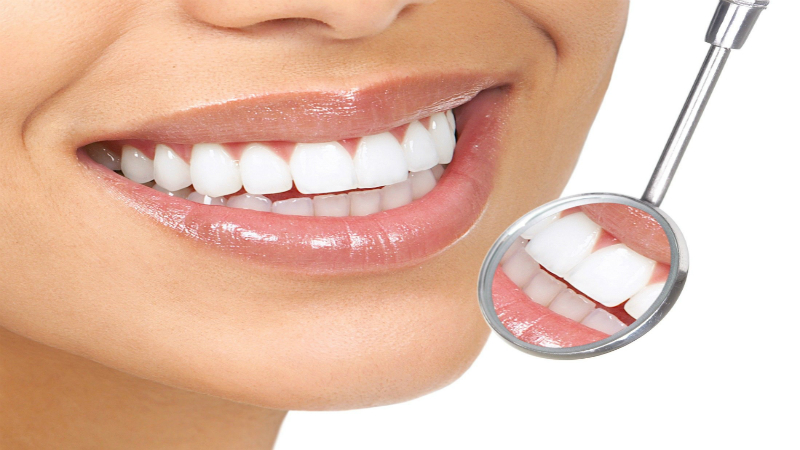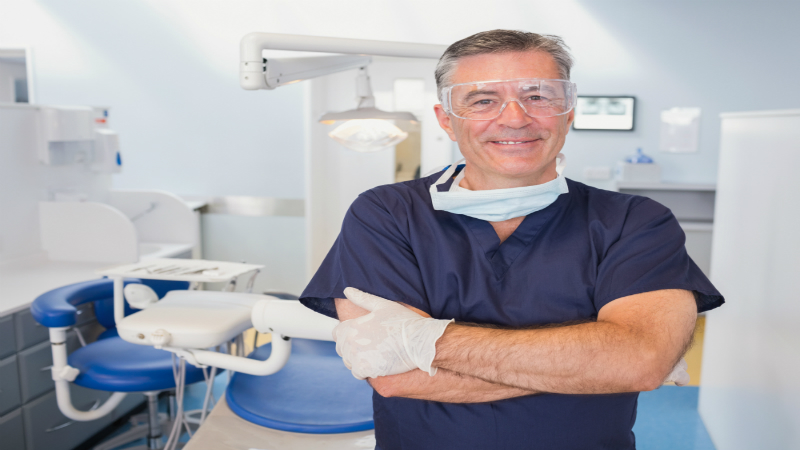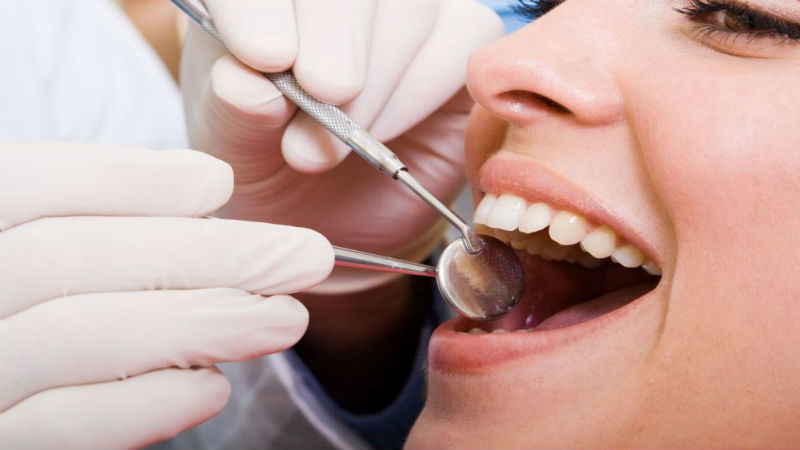The treatment success rate concerning Dental Implants in Short Hills, NJ is very high, provided they are made by a professional. The work, however, does not stop once the implant is put in place. The patient must also make their own contributions in order to prevent infections that may compromise the implant. This is why regular visits to the dentist is so important.
The durability of an implant does not depend on the material, but the position of the maxillary bone, which must be free of infection. This is guaranteed, in part, by a healthy and well cared set of teeth. Secondly, the adaptation and experience of a specialized dentist is needed. The treating dentist should ideally have postgraduate training in periodontics, oral surgery or reconstructive dentistry. They should also possess postgraduate training in oral implantology.
Consistent oral hygiene and frequent checks
The critical area for cleaning the implant is in contact with the mucosa. It is in these sites that one needs to remove deposits of plaque and food debris, because they can cause mucus, which in the long term can lead to perimplantitis. These serious consequences, however, can be avoided by meticulous daily cleaning. In this context, the proper use of available health resources is of fundamental importance.
To maintain teeth effectively, several studies prove that a person who undergoes correctly performed long-term treatment and good personal hygiene oral, will have a success rate of more than 95% over ten years. However, factors related to general health, such as an improperly adjusted diabetes or smoking, can negatively influence the longevity of the implant. Using a manual toothbrush, dental floss or interdental brushes dental products can help your dental cleaning just as much as an electric toothbrush. This is especially important after having Dental Implants in Short Hills, NJ placed.
Complications
If plaque deposits are not removed from the surface of the prosthesis, an inflammation of the mucosa may develop within two days. At a still early stage, only the superficial layers of the tissue around the implant are affected. Inflammation can be resolved through a thorough cleaning without leaving permanent damage. By cons, if deposits persist longer, inflammation is initially benign, but can spread to the bone, leading to perimplantitis. For more information on Dental Implants in Short Hills, NJ, visit website for more information.



